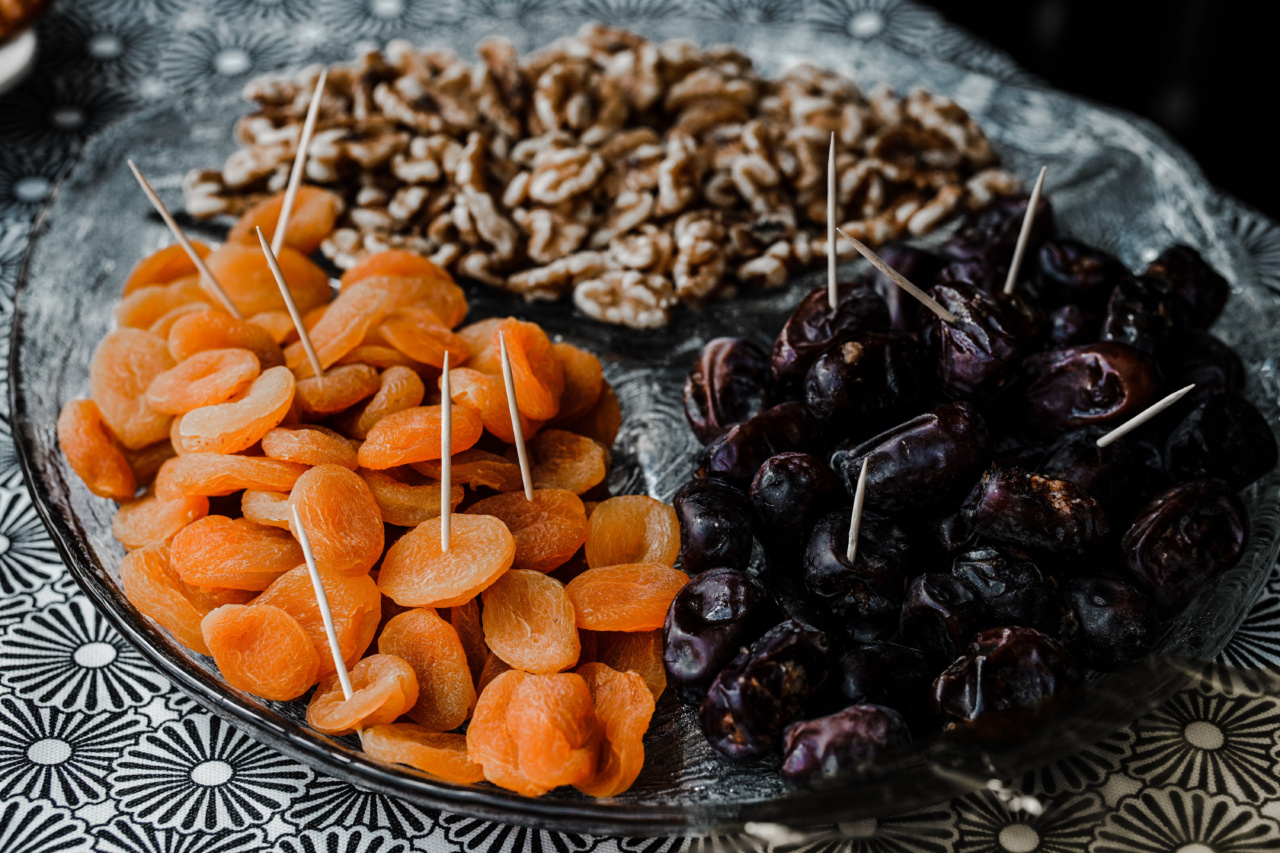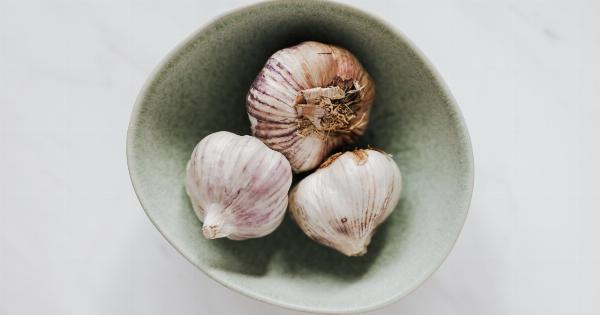The Mediterranean diet has long been recognized for its numerous health benefits. It emphasizes the consumption of fresh fruits, vegetables, whole grains, legumes, nuts, and olive oil.
One of the reasons behind the health-promoting properties of this diet is the inclusion of a variety of Mediterranean fruits. These fruits not only add a burst of flavor to meals but also offer a range of anti-inflammatory and anti-cancer benefits. In this article, we will explore the key Mediterranean fruits and delve into their specific health benefits.
Olive
Olive, a staple of the Mediterranean diet, is not only known for its oil but also for its fruit. Olives contain numerous biologically active compounds, including polyphenols, which possess strong anti-inflammatory properties.
These compounds help to reduce the production of inflammatory markers in the body, thus contributing to the prevention of chronic inflammatory diseases such as arthritis, heart disease, and diabetes. Moreover, studies have shown that the anti-inflammatory effects of olives may also have a protective effect against certain types of cancer.
Pomegranate
Pomegranates are rich in antioxidants, particularly polyphenols and anthocyanins, which have been shown to possess potent anti-inflammatory properties.
These compounds help to reduce inflammation by neutralizing harmful free radicals and inhibiting certain inflammatory pathways in the body. Additionally, pomegranate extracts have demonstrated anti-cancer effects by inhibiting tumor growth and reducing the spread of cancer cells.
Regular consumption of pomegranate or its juice has been associated with a reduced risk of various cancers, including breast and prostate cancer.
Fig
Figs are a delicious and nutritious fruit commonly found in the Mediterranean region. They are packed with vitamins, minerals, and dietary fiber.
Additionally, figs contain a unique combination of phytochemicals, including flavonoids and phenolic acids, which have been shown to possess anti-inflammatory properties. These compounds help to reduce inflammation in the body and may contribute to the prevention of chronic diseases associated with inflammation, such as cardiovascular disease and certain types of cancer.
Grapes
Grapes, particularly red and purple varieties, are a rich source of polyphenols, including resveratrol. Resveratrol has been extensively studied for its anti-inflammatory and anti-cancer properties.
It acts as a potent antioxidant, reducing inflammation and oxidative stress in the body. Studies have shown that regular consumption of grapes or grape products may help to lower the risk of inflammatory conditions such as heart disease and certain types of cancer, including colon, breast, and prostate cancer.
Citrus Fruits
Citrus fruits, such as oranges, lemons, and grapefruits, are known for their high vitamin C content. Vitamin C is a powerful antioxidant that helps to protect the body against oxidative stress and inflammation.
Citrus fruits also contain flavonoids, which contribute to their anti-inflammatory properties. Furthermore, studies have indicated that certain compounds present in citrus fruits, like limonoids, may have anti-cancer effects by inhibiting cancer cell growth and inducing apoptosis (cell death) in cancer cells.
FIGURE 1: The Mediterranean diet emphasizes the consumption of various fruits including olives, pomegranates, figs, grapes, and citrus fruits.
Dates
Dates are a sweet, chewy fruit widely consumed in the Mediterranean region. They are rich in dietary fiber, potassium, and various antioxidants. The high fiber content of dates helps to promote healthy digestion and regulate blood sugar levels.
Additionally, studies have shown that dates possess anti-inflammatory properties, attributed to their bioactive compounds like flavonoids and phenolic acids. These compounds contribute to the reduction of inflammation and oxidative stress in the body, potentially lowering the risk of chronic diseases, including cancer.
Cherries
Cherries, especially tart cherries, are a rich source of antioxidants and anti-inflammatory compounds. They contain high levels of anthocyanins, which give cherries their vibrant red color and contribute to their potent anti-inflammatory effects.
Cherries have been found to reduce markers of inflammation in the body, alleviate symptoms of arthritis, and even enhance exercise recovery. Moreover, emerging research suggests that cherry extracts may possess anti-cancer properties by inhibiting the growth and spread of cancer cells.
Apricots
Apricots are a nutritious and refreshing fruit, packed with vitamins A and C, potassium, and dietary fiber.
They also contain a variety of antioxidant compounds, including flavonoids and carotenoids, which have been shown to exhibit anti-inflammatory effects. These compounds help to reduce inflammation in the body, potentially protecting against chronic diseases such as heart disease, diabetes, and certain types of cancer.
Apricots are also an excellent source of beta-carotene, a precursor of vitamin A, which plays a crucial role in maintaining healthy skin and eye health.
Watermelon
Watermelon is a hydrating and cooling fruit popular during the Mediterranean summer. It is an excellent source of vitamins A and C, as well as lycopene, a powerful antioxidant that gives watermelon its red color.
Lycopene has been linked to a reduced risk of certain cancers, including prostate and lung cancer. Watermelon also contains citrulline, an amino acid that can be converted into arginine, which helps to relax blood vessels and improve blood circulation.
Additionally, watermelon has anti-inflammatory properties, thanks to the presence of phenolic compounds.
Conclusion
The inclusion of Mediterranean fruits in the diet offers numerous health benefits, thanks to their anti-inflammatory and anti-cancer properties.
Olives, pomegranates, figs, grapes, citrus fruits, dates, cherries, apricots, and watermelon are just some of the fruits that contribute to the overall health-promoting effects of the Mediterranean diet. Incorporating these fruits into a balanced diet can help to reduce inflammation, protect against chronic diseases, and potentially lower the risk of certain types of cancer.
So, next time you are at the grocery store, be sure to fill your cart with these flavorful and nutritious Mediterranean fruits.




























